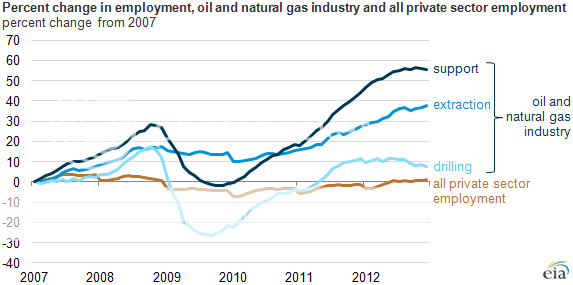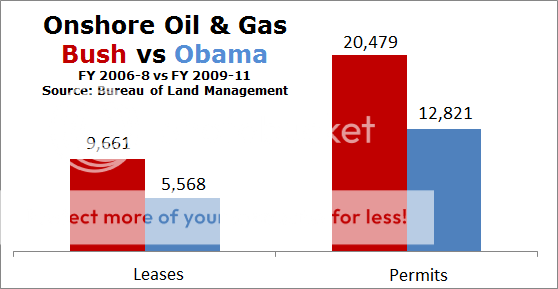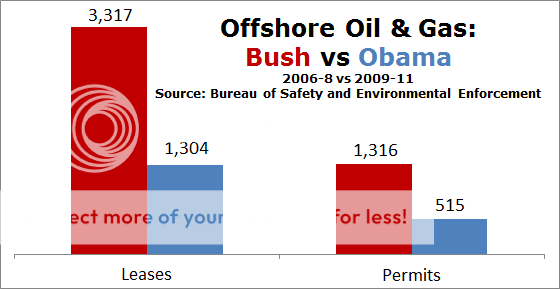It is that sort of myopic thinking that will ruin America, it will turn America more and more into a third world nation. Statically we are already third world when income inequality is used as the yardstick. If manufacturing is lost, the base of the nation's middle class is lost, if doing things becomes passe and talking on the phone / computer or tucking in beds is all we do, we may as well move to India for they already have many thousands of our IT jobs and data entry jobs. China will build things and Americans will buy their things, if they ever make planes, auto, and trains, oh wait a minute they do, soon we will be a dependent nation on a communist nation, who said free market capitalism wasn't wonderful. Lots below for the thinking American who doesn't buy into the BS and supports made in America.
'Made in the USA: The Rise and Retreat of American Manufacturing' Vaclav Smil
Made in the USA: The Rise and Retreat of American Manufacturing: Vaclav Smil: 9780262019385: Amazon.com: Books
"... But, asks Smil, do we want a society that consists of a small population of workers doing high-value-added work and masses of unemployed? Smil assesses various suggestions for solving America's manufacturing crisis, including lowering corporate tax rates, promoting research and development, and improving public education." from review
"In every society, manufacturing builds the lower middle class. If you give up manufacturing, you end up with haves and have-nots and you get social polarization. The whole lower middle class sinks." Vaclav Smil
This Is the Man Bill Gates Thinks You Absolutely Should Be Reading - Wired Science
"Thanks to the rules, many of which are written by corporations, a company can pull up stakes and use cheap foreign labor to make the same product it once did in America. It no longer has to meet environmental standards. It no longer has to abide by U.S. labor laws. It no longer has to pay a decent wage. Then the company can ship the product back to the United States where, courtesy of the rules, it will pay little if any duty. How can American workers hope to compete against that? They can't.
Lisa Gentner worked at a company called Carrollton Specialty Products, housed in a one-story warehouse in Moberly, Missouri, a town of 15,000 in central Missouri. Carrollton was a subcontractor for Hallmark Cards, the global greeting card giant based 125 miles west in Kansas City, Missouri. The largely female workforce of 200 provided the hand assembly for a variety of Hallmark products. They tied bows and affixed them to valentines and anniversary greetings. They glued buttons, rhinestones, and pop-ups inside birthday cards. They made gift baskets.
As in many towns across the country, the plant was an economic anchor for Moberly. Manufacturing is often pictured as a big-city enterprise, but a substantial number of plants are the lifeblood of small to medium-sized cities...."
Quote from p24 'Assault on the Middle Class' in 'The Betrayal of the American Dream' authors, Barlett and Steele.
"As massive volumes of Chinese government-supported solar cells and panels surged into the United States, prices in the domestic market collapsed. The Coalition for American Solar Manufacturing, in an October 2011 trade action, explained the consequences:
The resulting price collapse has had a devastating impact on the U.S. solar cell and panel industry, resulting in shutdowns, layoffs, and bankruptcies throughout the country. Over the past eighteen months, seven solar plants shutdown or downsized, eliminating thousands of U.S. manufacturing jobs in Arizona, California, Massachusetts, Maryland, New York, and Pennsylvania." Excerpt page 234, 'The Betrayal of the American Dream' Donald L. Barlett, James B. Steele
"I also used the opportunity to move beyond these subjects to what I think is the most critical problem in America today: child poverty... Its a problem largely absent from our political debate. When candidate Romney, with embarrassing honesty, admitted that he wasnt concerned about the very poor, he was simply expressing the common assumption that social safety nets effectively address the problem of poverty and that politicians ought therefore to concentrate on the middle class. Though President Obama is far too savvy to use such language, he appears to share this assumption: in his July speech outlining his second-term economic agenda, he talked about wages, infrastructure, and education, but there was not a word about child poverty. The current economic talking point building the economy from the middle out is the most recent effort to skirt the issue of poverty and frame Democratic programs in middle-class terms. (It should be noted that Obamas original stimulus package did in fact direct more money to the poor, but such programs dont seem to get much political traction.) The truth is that more than one in five U.S. children live below the poverty line, which puts the United States at the bottom of the pack among wealthy nations. Close to half of those poor children live in extreme poverty with parental incomes of less than half the poverty rate. Some 13 percent of children are born into poverty, and for them it is likely to persist: most remain poor for at least half their childhood..." Jeff Madrick
[The Anti-Economist] | Problem Number One, by Jeff Madrick | Harper's Magazine
In other wcrds, there has been a gradual undermining of the idea of a general social consensus. All of this has been fuelled by a slavish devotion to the rational certitude that there are absolute answers to all questions and problems. These absolute solutions have succeeded each other over the last twenty years in a jarring and disruptive way. At the same time the ability of governments to effect economic development has been severely handicapped by a growing reliance on service industries for growth ~ a sector dominated not by sophisticated items such as computer software but by consumer goods and personal consumer services. These sectors, it goes without saying, also flourish on labour which is part-time, low wage and insecure, thus creating a false sense of having solved part of the job-creation problem. This growth in services also leaves the Western economies dependent on the most unstable areas of economic activity, which is the first to collapse in an economic crisis. Put another way, service industries are to the economy what the uncontrolled printing of money is to monetary stability. They are both inflation.
These examples of a general decline stand out in contrast to state mechanisms which have never been so sophisticated. This sophistication has reached a level of complexity so great that the systems are, in truth. incomprehensible not only to the citizen, but to the most part of the political class. The latter, in a slothful loss of intellectual and practical self-discipline, have simply accepted that this is the way things must be. The resulting void in responsible leadership has allowed an hysterical brand of simplistic politics to rise and take power on the back of truisms, cliches and chauvinism, all of which fall below the intellectual level of Jenkins' Ear jingoism.
When President Bush, in his inaugural address. warmed to the theme of a kinder, gentler America, he said: "We know what works: freedom works. We know what's right: freedom is right. We know how to secure a more just and prosperous life for man on earth: through free markets, free speech, free elections." No one laughed at his absurd ordering of these three freedoms. The men of reason in the other political party, in his own party, in the media and in the universities found nothing to say.
Every word and concept of the wars of democracy and justice has been appropriated by those who traditionally opposed both and who seek power to undo what has been done. The moral sense of the eighteenth century has not only been turned upside down, this has been done with its own vocabulary.
Thus Bush could give primacy to free markets over free men, as if to say that the right to speculate in junk bonds is more important than the removal of slavery. And Jefferson, Reagan could say, was against big government. Therefore, the forty million Americans without health care were not a government concern. But what Jefferson was against was unnecessary government - organisms which no longer contributed anything. He saw political power as a limited deck of cards. Those who held office were to play their hand carefully and endlessly, picking up old cards and putting down new ones, as old problems were solved and new problems arose. Those who seek and often gain power today use the vocabulary of the eighteenth century the way television evangelists use the Old Testament."
pps 237,238 'Voltaire's Bastards: The Dictatorship of Reason in the West' John Ralston Saul
For those who want to learn.
'The American Way of Poverty: How the Other Half Still Lives' Sasha Abramsky
'The Betrayal of the American Dream Hardcover' Donald L. Barlett, James B. Steele
'The Unwinding: An Inner History of the New America' George Packer
'To Serve God and Wal-Mart: The Making of Christian Free Enterprise' Bethany Moreton
'Invisible Hands: The Businessmen's Crusade Against the New Deal' Kim Phillips-Fein
'Merchants of Doubt: How a Handful of Scientists Obscured the Truth on Issues from Tobacco Smoke to Global Warming' Naomi Oreskes, Erik M. M. Conway
'The Rhetoric of Reaction: Perversity, Futility, Jeopardy' Albert O. Hirschman
'The Reactionary Mind: Conservatism from Edmund Burke to Sarah Palin' Corey Robin
'Voltaire's Bastards: The Dictatorship of Reason in the West' by John Ralston Saul
 Doctors are closing their offices and getting out of the profession. The only healthcare will be exactly what Obama and the plutocrat Dems want - a government operated, single-payer mess with death panels and people dying for lack of care.
Doctors are closing their offices and getting out of the profession. The only healthcare will be exactly what Obama and the plutocrat Dems want - a government operated, single-payer mess with death panels and people dying for lack of care.

